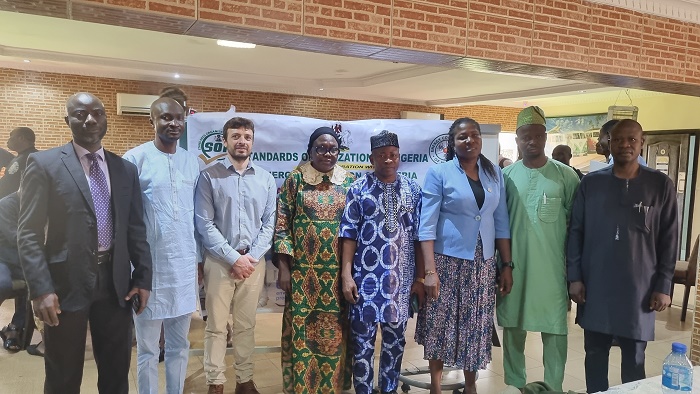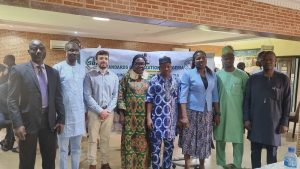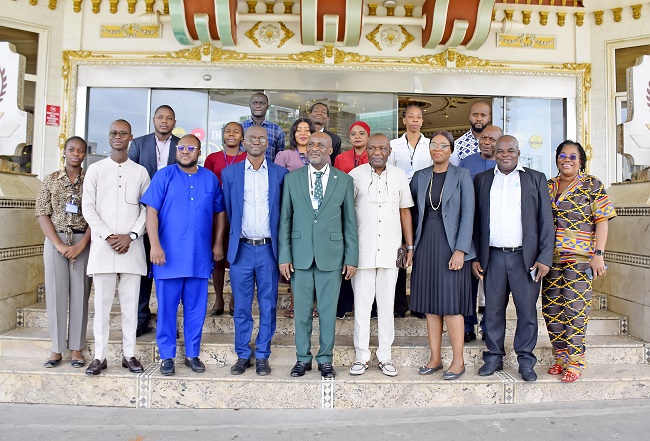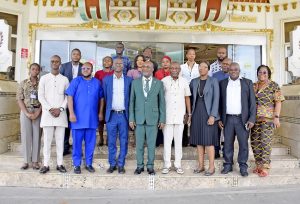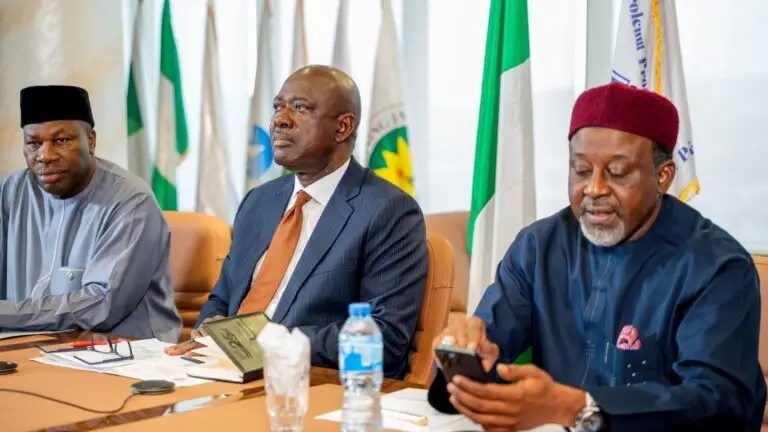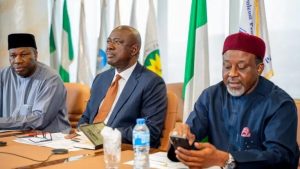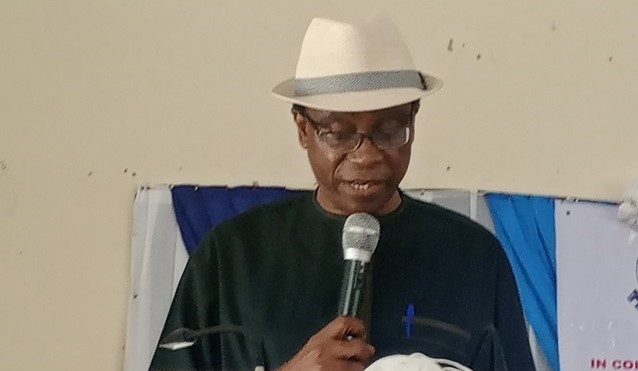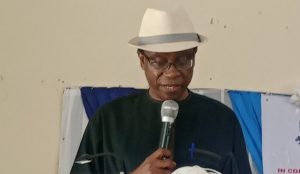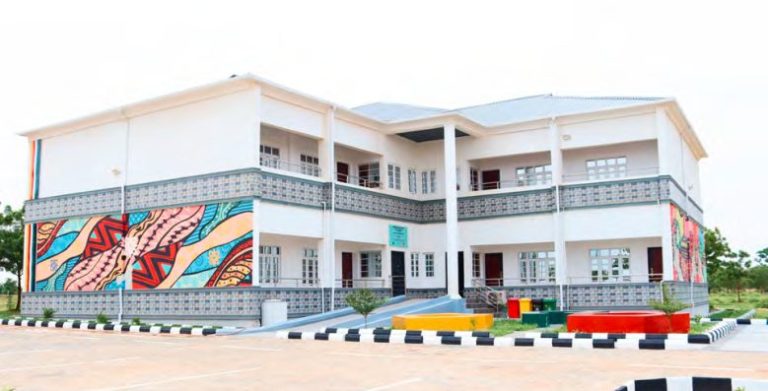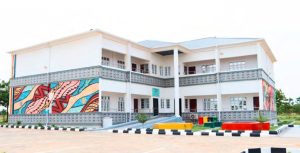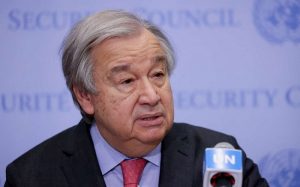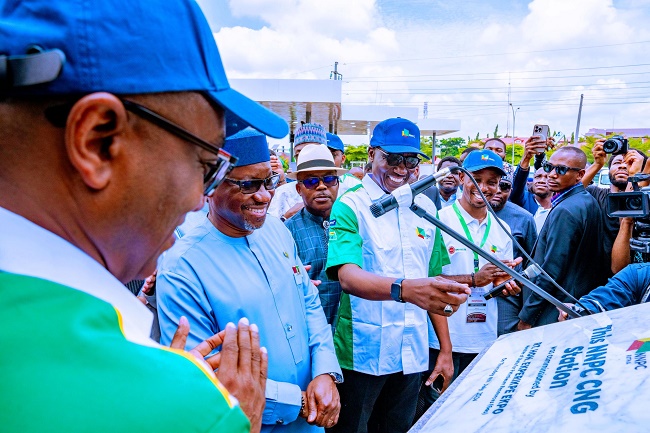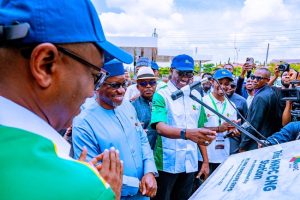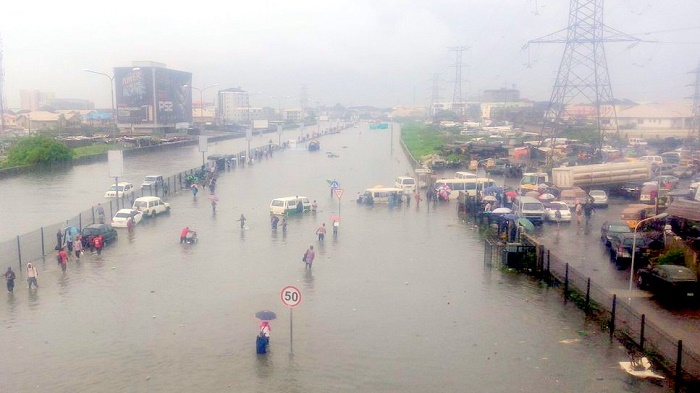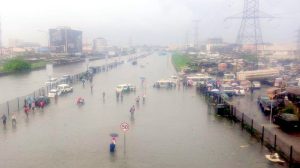The Government of the Republic of Zimbabwe has received an insurance payout of $16.8 million following its participation in the African Risk Capacity (ARC) Group disaster financing mechanism, designed to help African Union (AU) member states plan, prepare and better respond to extreme weather events.
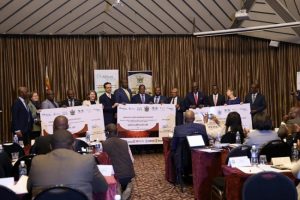
The payout comes at a time when the country is facing severe food insecurity following a prolonged dry spell largely triggered by the prevailing El Niño conditions in the region. The fund will be used to support recovery efforts and help the government reach the most affected populations.
Severe crop failures were experienced around the country because of the drought. According to Africa RiskView, ARC’s technical software for early warning and monitoring, just over 4.7 million people were affected, triggering the payouts.
Through the Replica programme, a strategy which allows humanitarian actors to purchase insurance policies on behalf of a country, Replica partners, the United Nations World Food Programme (WFP) and Start Network received payouts of $6 million and $8 million respectively. The combined payouts will complement in-country recovery efforts and help communities and governments to better respond to and recover from climate-related shocks.
Speaking during the payout ceremony, Mthuli Ncube, Zimbabwe’s Finance Minister, said, “This payout ceremonies marks a monumental occasion in our joint endeavours to mitigate the negative impacts of climate change and solidify our nation’s resilience to this threat. The payout will help 509,000 vulnerable households in 27 districts, and our goal is to reach and cover even more people in the coming seasons.”
The payouts, made by ARC Limited (ARC Ltd.), the insurance affiliate of the ARC Group responsible for risk pooling and transfer, will help the affected populations to recover from a failed 2023/2024 agricultural season. Insurance taken out with ARC Ltd avails predictable finance to facilitate response to disaster events.
“I commend the Government of Zimbabwe for their prudent decision to collaborate with the ARC Group to mitigate the impacts of drought in the country. Today, we gather to showcase ARC’s interventions to this historic and unprecedented drought in the history of the country,” said Dr Anthony Mothae Maruping, ARC Group Chairperson.
“We are honoured to stand with the Government of Zimbabwe and our partner organisations during this time of crisis”, said Lesley Ndlovu, CEO of ARC Ltd. “The impact of such disaster events goes beyond the immediate socio-economic costs and compounds the vulnerability of many farming communities. The insurance payouts are testament of the value of the ARC instrument in facilitating early response.”
“We are deeply concerned by the severe drought that is affecting Zimbabwe and the suffering it is causing, we are grateful to our donors for enabling our support for the ARC Replica programme. We value the strong collaboration with ARC Ltd. and the Government of Zimbabwe in jointly tackling this emergency. Alongside Start Network members, we are committed to effectively serving the people of Zimbabwe through these challenging times,” said Anna Farina, Start Network’s Head of Crisis Anticipation and Risk Financing.
“Individuals and communities who contribute the least to the climate crisis are bearing the brunt of its impacts, with limited means to cope,” said Lola Castro, acting WFP regional director for southern Africa. “Through pre-arranged financing triggered by pre-identified risk parameters, ARC Replica offers timely humanitarian assistance that can limit the impact of a crisis.”
“The ARC payout is a vital lifeline for communities in Zimbabwe facing the devastating impacts of the El-Nino-induced drought. This time support will enable us to provide essential food assistance and prevent negative coping strategies, ensuring that vulnerable populations can withstand the difficult circumstances,” said Francesca Erdelmann, WFP Country Office and Representative for Zimbabwe.
The Final Implementation Plan, developed as part of the ARC contingency planning process, will guide the use of the payout, and assist millions of people in the affected regions. Zimbabwe will the payout to support relief efforts and rebuild livelihoods while WFP and Start Network will use the disbursement received to support this response.
“The southern African region received less than 20% of its typical rainfall, resulting in one of the driest growing seasons. The impact on the agricultural sector has been devastating,” said Ibrahima Cheikh Diong, UN Assistant Secretary General and ARC Group Director General.
“The ARC Group stands with the Government of Zimbabwe that continues to demonstrate its willingness to strengthen its preparedness to respond to such catastrophes,” he continued.
Zimbabwe’s participation in ARC climate risk insurance was made possible by an insurance premium paid in part by the government, with premium support contribution from the Swiss Agency for Development and Corporation (SDC); the KfW Premium Finance Facility; and the Africa Disaster Risk Financing Programme Multi-Donor Trust Fund (ADRiFi-MDTF).
The ADRiFi-MDTF is a framework developed as a collaboration between the African Development Bank and the ARC Group.


